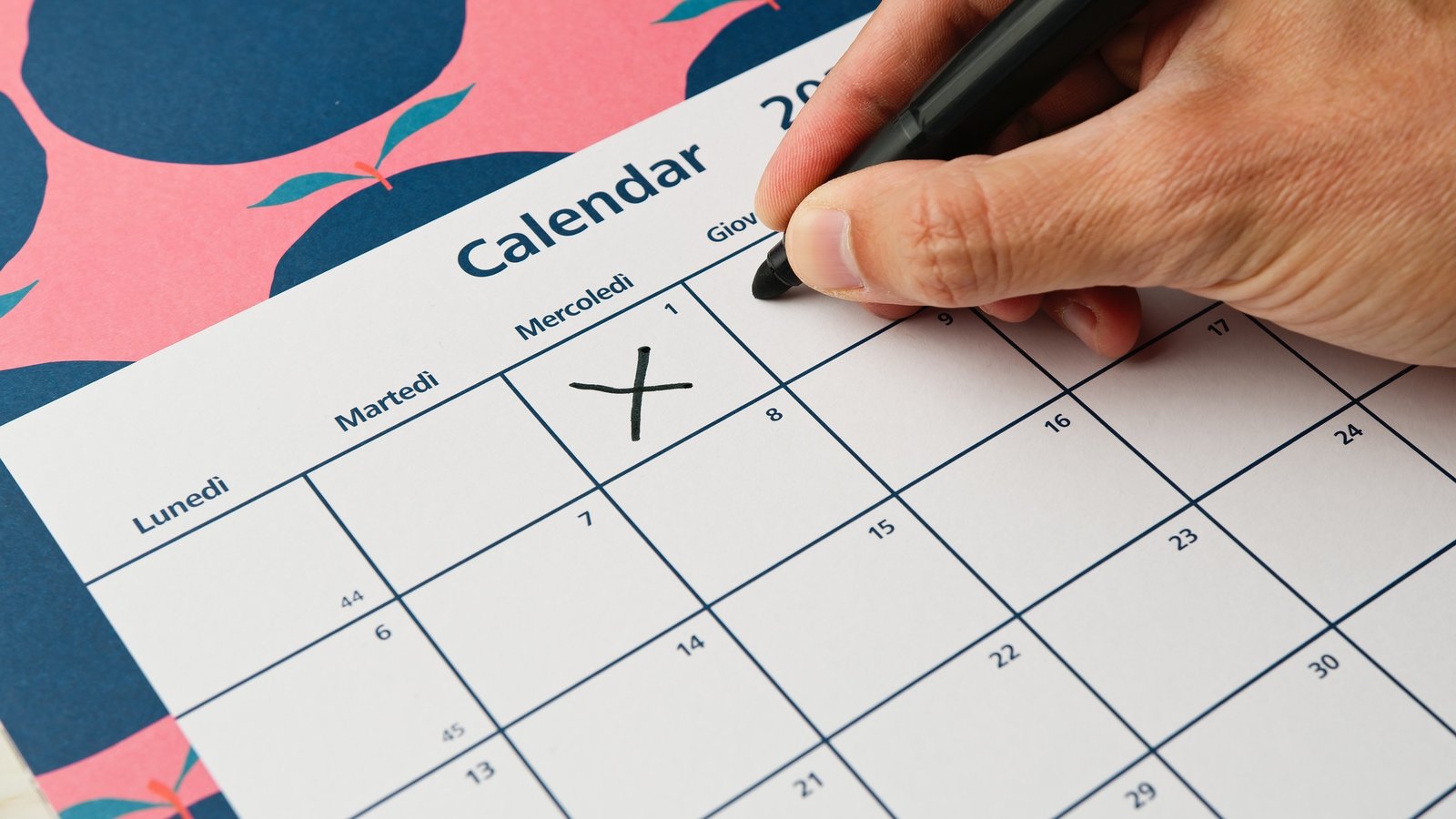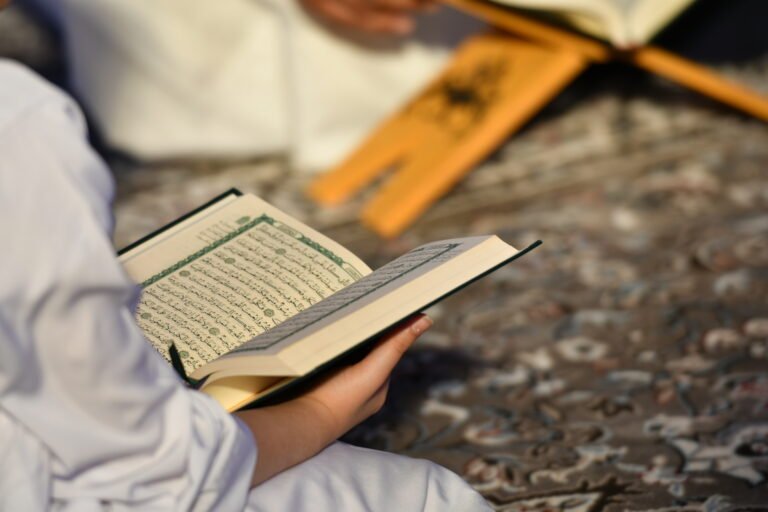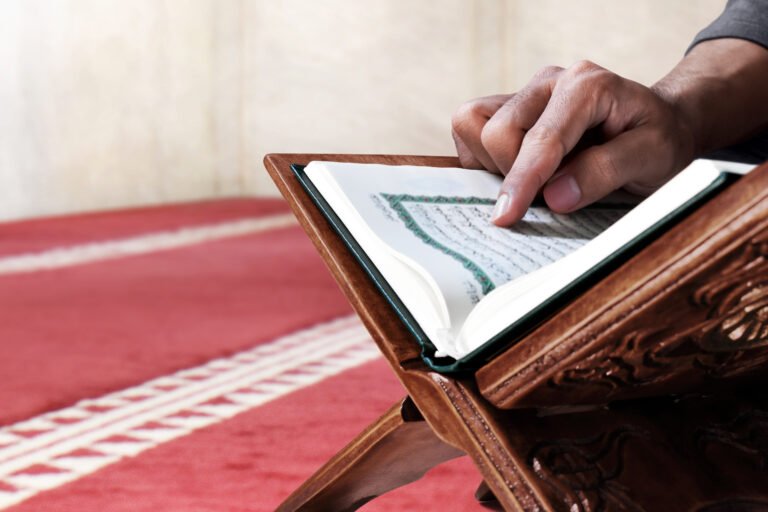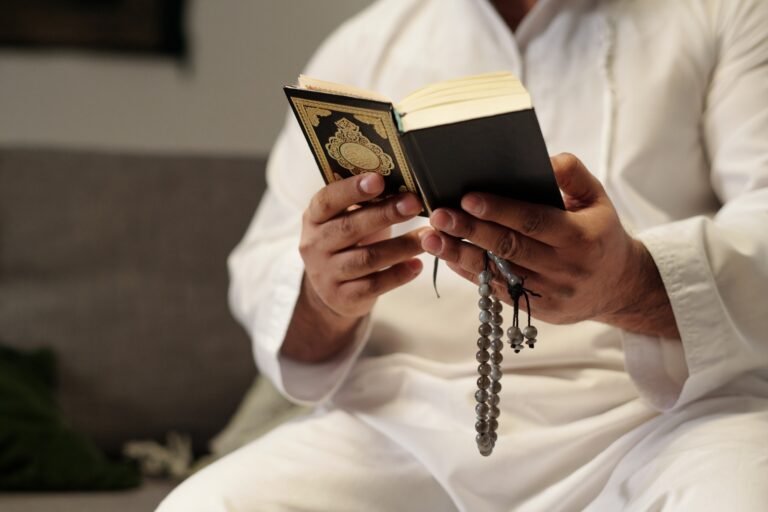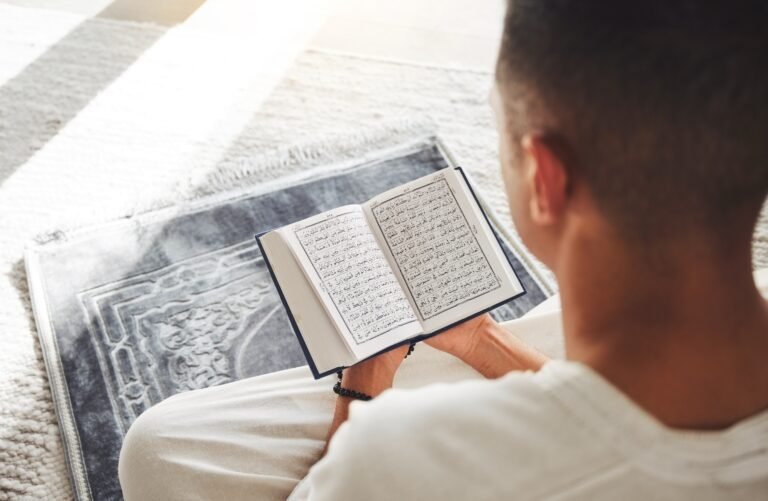7 Powerful Lessons from the Hijri Calendar and the Prophet’s Hijrah
✨ Introduction:
Most people know the Hijri calendar marks the Islamic New Year, but few realize the deep spiritual and historical significance it carries. Established by Caliph Umar ibn al-Khattab, the Hijri calendar doesn’t begin with the Prophet’s birth or prophethood—but with Hijrah, the migration of the Prophet Muhammad ﷺ from Makkah to Madinah. This was not just a journey of escape, but a defining moment that transformed a persecuted community into a nation.
📆 Who Established the Hijri Calendar?
The Hijri calendar was officially introduced by Umar ibn al-Khattab (RA) during his caliphate. Scholars around him debated what event should mark “Year One” of the Islamic calendar. The consensus fell on the Hijrah—not because it was the Prophet’s birth or the first revelation, but because it symbolized the birth of the Muslim Ummah.
—
⏳ When Did the Hijrah Take Place?
The Prophet ﷺ migrated from Makkah to Madinah in 622 CE, during the month of Rabiʿ al-Awwal, not Muharram. However, the calendar begins with Muharram because it’s the first month of the lunar year.
—
🌙 What Are the Hijri Months and Their Meanings?
Here are the 12 months of the Islamic (Hijri) calendar and a glimpse of their meanings:
1. Muharram – “Forbidden”; one of the four sacred months.
2. Safar – “Empty”; named for empty homes after people left for battle.
3. Rabiʿ al-Awwal – “First Spring”; month of the Prophet’s birth and Hijrah.
4. Rabiʿ al-Thani – “Second Spring”
5. Jumada al-Ula – “First Dry”; beginning of the dry season.
6. Jumada al-Akhirah – “Last Dry”
7. Rajab – “To respect”; another sacred month.
8. Shaʿban – “To disperse”; tribes prepared for Ramadan.
9. Ramadan – “Scorching heat”; month of fasting.
10. Shawwal – “Raised”; time of Eid and renewal.
11. Dhu al-Qaʿdah – “Month of Rest”; sacred, with no fighting.
12. Dhu al-Hijjah – “Month of Hajj”; pilgrimage to Mecca.
—
🌟 7 Powerful Lessons from the Hijri Calendar and Hijrah
1. True Change Requires Sacrifice
The Hijrah wasn’t easy. The Prophet ﷺ and companions left behind homes, wealth, and family. Real transformation requires letting go of comfort.
2. Faith Over Fear
Despite the danger, the Prophet ﷺ trusted Allah completely. Hijrah reminds us to prioritize faith, not fear, in life’s biggest decisions.
3. Planning with Tawakkul
The Prophet ﷺ planned the route, chose a guide, and took provisions—while still trusting Allah. Islam encourages both preparation and reliance.
4. Community Is Key
The migration led to the first Muslim community in Madinah, based on faith and brotherhood—not race or tribe. It’s a reminder to build inclusive communities.
5. Time Has Spiritual Value
Starting the calendar with Hijrah gives spiritual meaning to time. It’s not just dates—it’s legacy, sacrifice, and mission.
6. Sacred Months Are Not Just History
The four sacred months (Muharram, Rajab, Dhu al-Qaʿdah, Dhu al-Hijjah) are still valid today. They’re chances to increase good deeds and avoid conflict.
7. Children Should Learn Our Timeline
Teaching kids about the Hijri calendar connects them to their identity, stories of the Prophet ﷺ, and the values Islam stands for.
—
🎓 Final Thoughts: Why It Matters Today
At Quran Window, we believe every child should grow up connected to their Islamic heritage—not just through rituals, but through understanding and love. The Hijri calendar isn’t just for marking Ramadan or Eid—it’s a window into our history, faith, and identity.
Help your child see time through the lens of Islam. Teach them about Hijrah, about sacrifice, about unity, and let them carry this legacy forward.
we can help you and your family through our islamic studies courses Join Now
Let This New Hijri Year Be a Turning Point
Every new Hijri year is more than just a date—it’s an invitation to renew our intentions. Just as the Prophet ﷺ began a new chapter with his Hijrah, we too can begin fresh: in our worship, our parenting, our connection with the Qur’an. At Quran Window, we’re here to guide families through that journey—one lesson, one story, one page at a time.
Let this be the year your child not only memorizes surahs, but understands why Hijrah mattered. Let this be the year your home beats with the rhythm of the Hijri calendar.


